Mastering Entertainment PR

Entertainment PR is a specialized field that shapes the perception and success of individuals and brands within the entertainment industry. It covers diverse areas such as film, television, music, and digital media. The objective of Entertainment PR is to manage and improve the image of these entities. It's dynamic often glamorous, closely tied to the ebbs and flows of pop culture and consumer interests.
Quick Summary
Entertainment PR plays a vital role in shaping the public image of celebrities, films, and brands within a dynamic and competitive industry. PR agencies manage media relations, create buzz through influencer marketing, and develop strategic campaigns tailored to resonate with target audiences. They adapt to evolving technologies and platforms, ensuring their clients remain relevant. Ultimately, successful PR is about crafting compelling narratives and maintaining relationships that enhance the v
But what exactly is Entertainment PR?
This question opens up a complex world where PR professionals are tasked with crafting narratives, handling media, and strategically positioning their clients.
Ready to Grow Your Business?
Get a custom strategy tailored to your goals.
The Role of PR in the Entertainment Industry
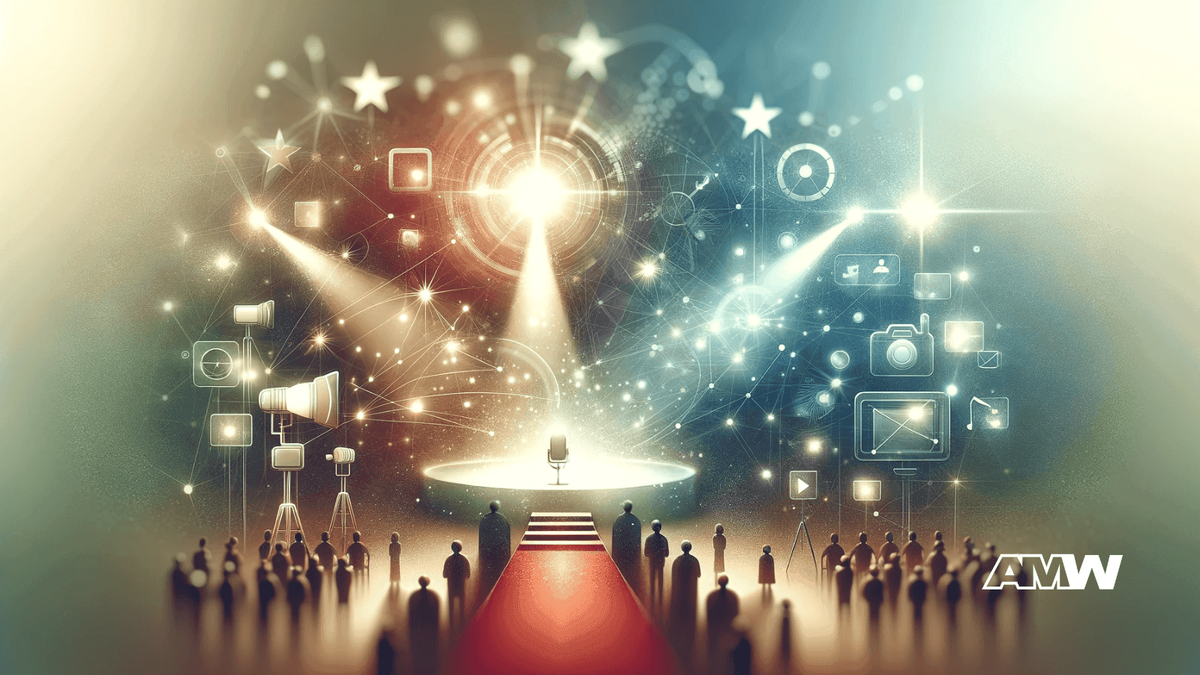
Public relations (PR) is crucial in shaping public perception and driving success in entertainment. PR efforts can make or break an artist or project.
In an industry where public perception can make or break careers, agencies play a role in managing the images of their customers, be they emerging artists in New York (NY) or established movie stars in Hollywood.
Marketing professionals are skilled in relations and adept at navigating the intricate networks of journalists, bloggers, and influencers, particularly in media-centric cities like New York (NY) and Los Angeles. Their expertise extends beyond traditional media; influencer marketing has become a crucial tool, leveraging the reach of famous personalities to create buzz and engage target audiences.
Publicity in entertainment goes beyond just promoting a new film or music album; it involves building and maintaining a personal celebrity brand or a corporate entity in the entertainment business, applying a deep understanding of the target audience, identifying what resonates with consumers, and crafting messages that appeal to these sensibilities.
Moreover, the role of publicity in the entertainment industry is multifaceted. It includes creating strategic partnerships, planning events, managing crises, and even shaping the narrative around social and political issues in which celebrities and entertainment companies might be involved. From the glitz of Hollywood to the corporate boardrooms in New York (NY), public relations is about creating, managing, and sometimes transforming the public image of those in the limelight.
Insights into Entertainment PR Agencies

PR agencies are the powerhouses behind the public images of celebrities, film productions, and significant events in the entertainment business. Located in media hubs like New York (NY) and Los Angeles, these agencies are crucial in navigating the complex terrain of the entertainment industry.
But what exactly does a PR agency do for artists?
Functions and Importance of a PR Agency
A PR firm in the entertainment sector provides an array of services critical to the success of their clients. In cities like New York (NY) and San Francisco, where competition is fierce, these agencies help celebrities and brands stand out. They manage press, create buzz around new projects, and handle crisis communications. Their role goes beyond just promoting; they strategically generate and maintain the image of their customers. This is crucial in an industry where public perception can significantly impact careers.
Roles and Strategies
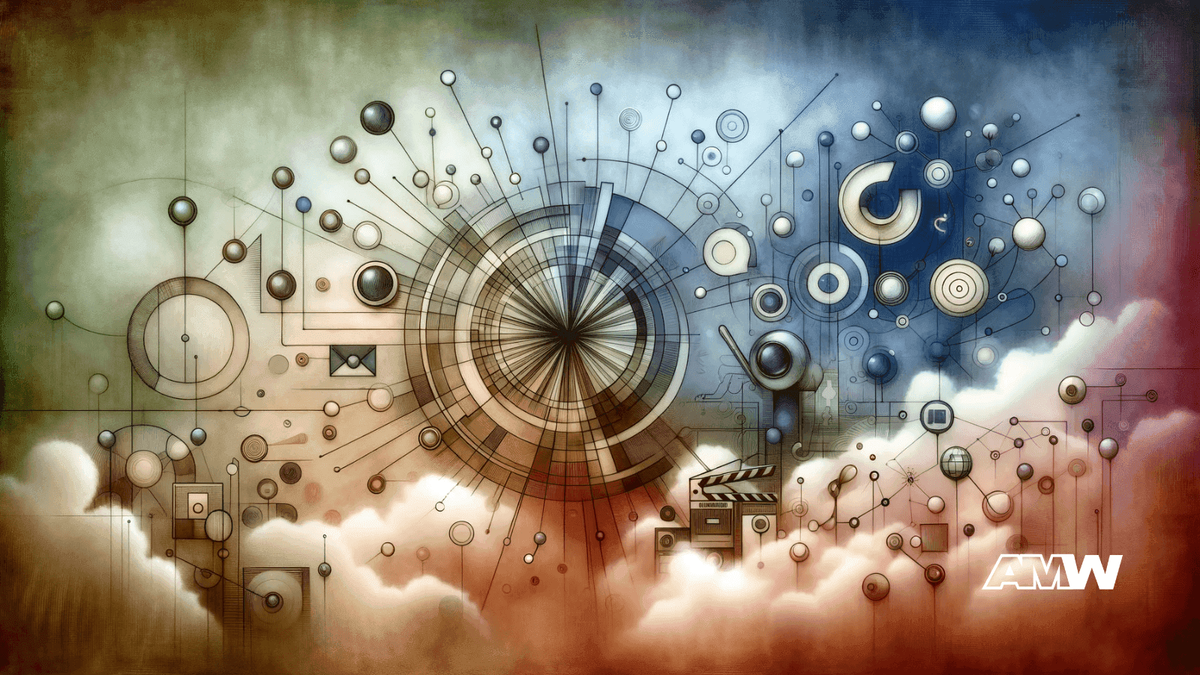
PR agencies engage in influencer seeding, collaborating with influencers to generate organic buzz about their clients. They also specialize in organizing high-profile events in places like Hollywood, San Francisco and New York (NY), where they manage press coverage and red-carpet appearances.
These agencies develop strategies to enhance the brand value of their clients, often creating narratives that resonate with target audiences and consumers.
Ready to Grow Your Business?
Get a custom strategy tailored to your goals.
Artist Representation
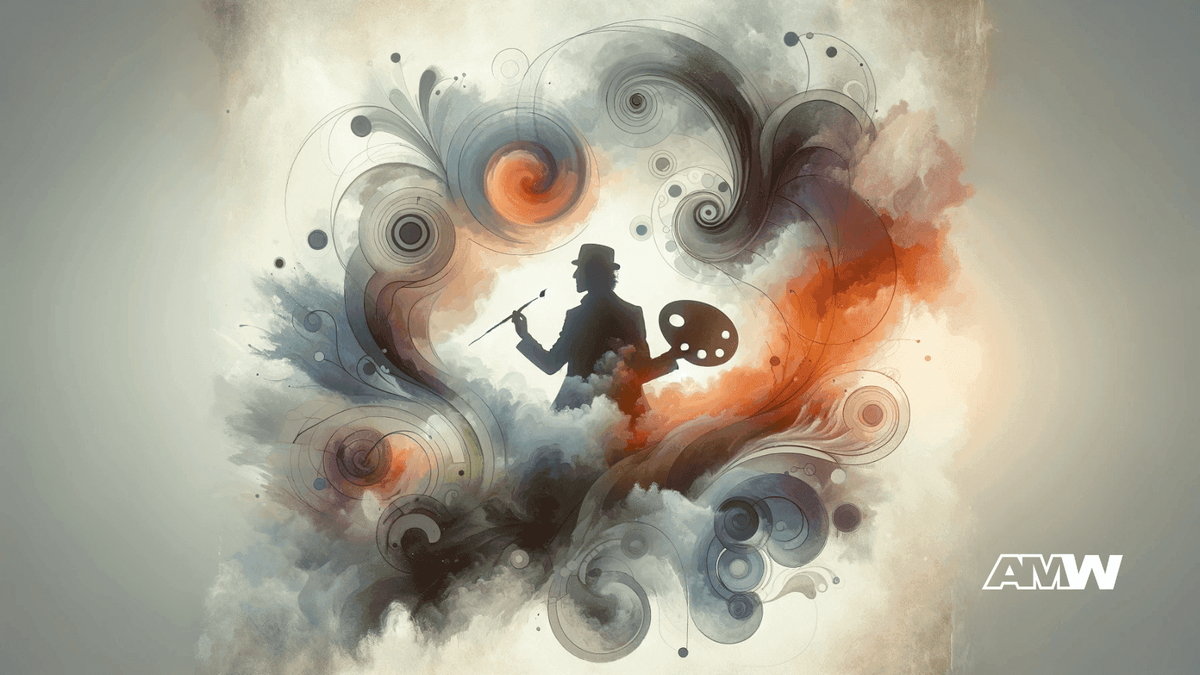
For artists, a PR agency is a linchpin in their career development. These firms offer guidance and expertise in navigating the media landscape in cities like New York (NY) and Los Angeles, where opportunities and challenges coexist.
They help artists craft their public personas, manage interviews, and promote their projects across various platforms, which could range from a debut film in Hollywood to a music release in the vibrant scenes of San Francisco, Washington or Seattle.
Key Strategies in Media Relations

In Entertainment PR, effective media relations are not just about disseminating information; it's about building and nurturing relationships with outlets and ensuring that the narratives around clients are controlled and positive.
Building Relationships
Successful agencies excel in managing relations with journalists, bloggers, and media. They comprehend the importance of establishing trust and a mutual understanding with media professionals. This involves regular communication, understanding the media's needs, and providing them with timely, engaging, and relevant information. Agencies often have specialized teams focusing solely on relations, ensuring their clients receive optimal coverage.
Techniques for Media Engagement
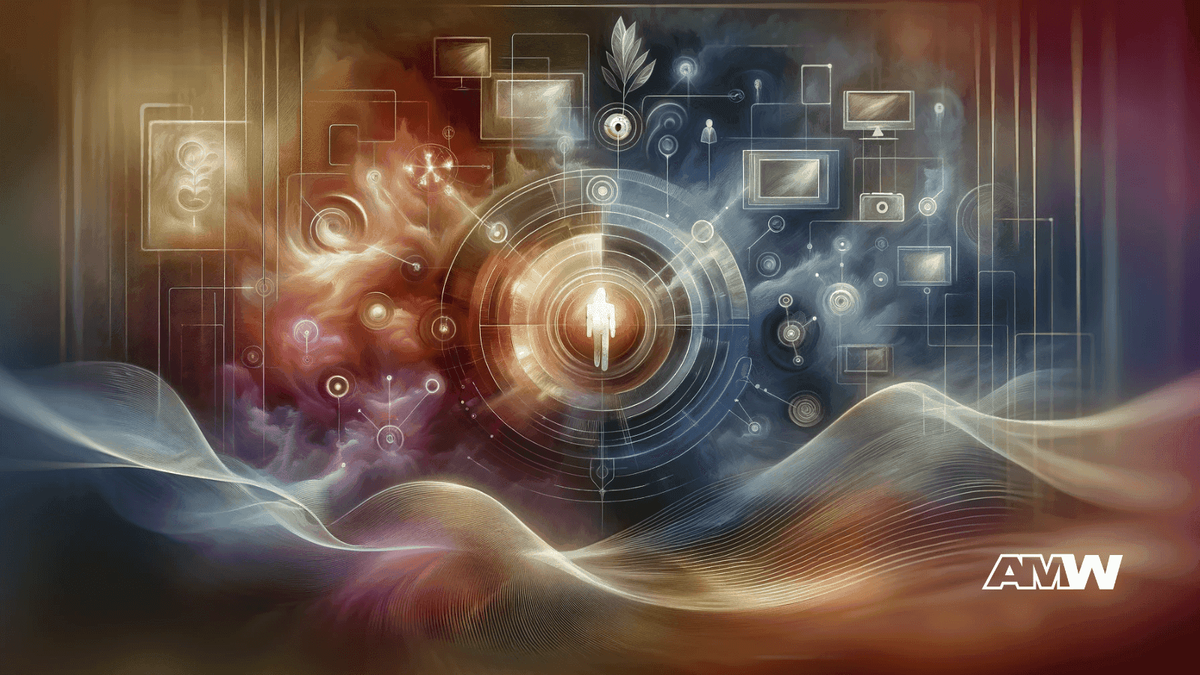
Agencies use various techniques to keep their clients in the limelight. They craft compelling press releases, organize press conferences for significant announcements, and arrange exclusive interviews. Agencies also utilize social media platforms to engage directly with audiences, often providing behind-the-scenes glimpses into the lives of celebrities or sneak peeks of upcoming projects.
Maintaining Relationships
The key to successful press relations lies in continuously nurturing these relationships. Entertainment agencies often host media events, provide exclusive content, and are proactive in offering story ideas. They understand the importance of initiating and maintaining the dialogue, ensuring that their clients remain at the forefront of the entertainment conversation.
Entertainment agencies play a crucial role in shaping artists' careers and the triumph of entertainment brands. Their strategies in press relations are pivotal in creating and maintaining the favorable public image necessary in the dynamic and competitive worlds of entertainment.
Navigating Influencer Marketing in Entertainment

Influencer marketing has become integral to Entertainment public relations, bridging the gap between celebrities and the digital. This marketing strategy involves collaborating with social media influencers with a significant following to promote brands, films, music, or television shows.
Role in Entertainment PR
Influencer marketing in Entertainment PR is about leveraging the influencer's reach and credibility to amplify messaging. In cities like New York and Los Angeles, where trends are set and followed, influencers can create a significant buzz around a new movie release, an upcoming music album, or a celebrity event. The key is their ability to engage with their followers genuinely and authentically.
Strategies for Collaboration
The first step is identifying influencers whose audience aligns with the target demographic of the entertainment brand or project, which involves thorough research and often the assistance of analytics tools to understand the influencer's reach, engagement rates, and audience demographics.
Ready to Grow Your Business?
Get a custom strategy tailored to your goals.
Once the right influencers are identified, Public relations firms develop a collaborative strategy that could include sponsored posts, exclusive content, or even event appearances.
The triumph of these collaborations often depends on how well the influencer's persona aligns with the brand or project they are promoting.
Adapting to Changes in the Entertainment Industry
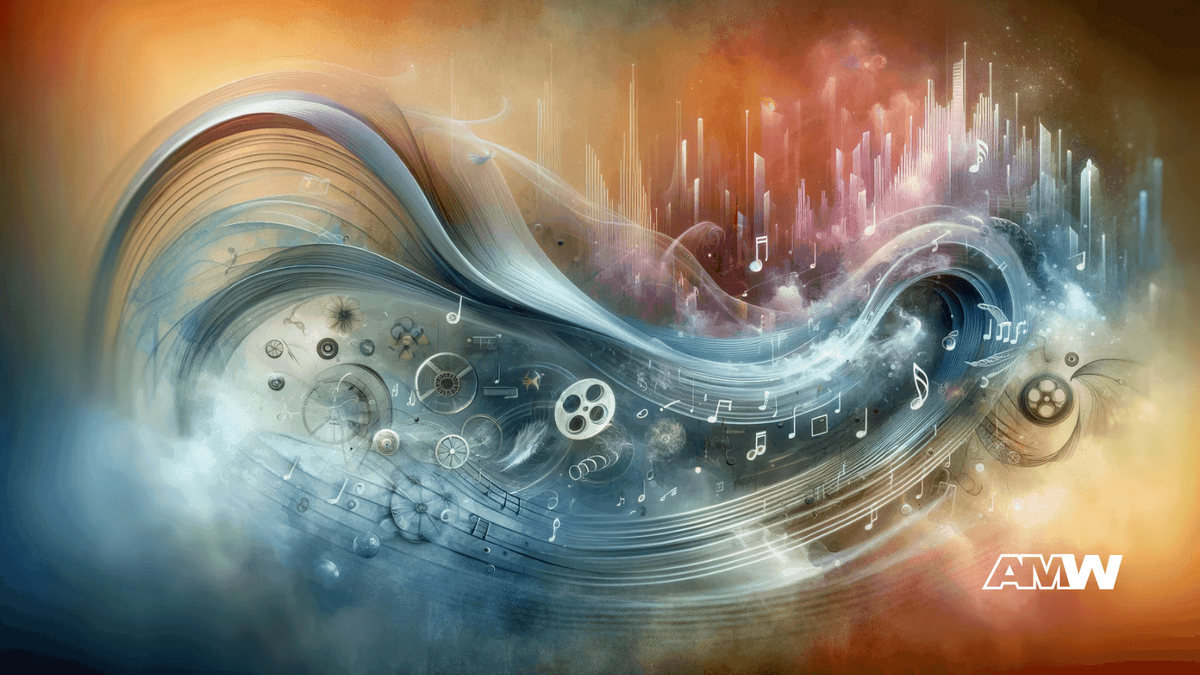
Entertainment PR professionals must stay ahead of the trends to remain practical and relevant. Keeping up with the latest developments in the industry is key to ensuring successful campaigns and promoting their clients in the most effective way possible.
Evolution with New Technologies
Traditional PR strategies have expanded to include digital platforms. How content is consumed from streaming services to social media channels has drastically changed. PR agencies in entertainment hotspots like New York (NY) and Hollywood have adapted by developing digital-first strategies, utilizing platforms like Instagram, TikTok, and YouTube to reach audiences.
Importance of Adaptability
Adaptability in the face of these changes is crucial. PR professionals must proactively learn about new technologies and platforms and how they can be utilized for PR purposes. This may include everything from understanding the algorithms of social media platforms to exploring innovative content formats like short-form videos or interactive online events.
Conclusion: The Future of Entertainment PR

PR is dynamic, mirroring the industry it represents. Key takeaways include:
- The importance of press relations in building and managing clients' public image.
- The growing role of marketing in bridging the gap between celebrities and the digital audience.
- The necessity of adapting to new technologies and platforms.
PR will integrate new technologies and strategies to remain effective in a digital and globally connected world. PR professionals must stay agile, continuously developing their skills and techniques to manage their clients' public image effectively in an ever-changing landscape.
Whether it's a film premiere in Hollywood or a music launch in New York (NY), Entertainment PR will always revolve around creating buzz, building relationships, and adapting to the changing tides of the entertainment world.
Ready to Grow Your Business?
Get a custom strategy tailored to your goals.
Related Resources
Calculators
Pricing Guides
Key Terms
Categorizing media outlets by importance and reach to prioritize pitching efforts and tailor approach strategies.
Digital Press RoomOnline hub where journalists can access brand assets, news, and contact information.
Media IntelligenceUsing data and technology to understand media landscapes and inform PR strategy.
Executive VisibilityStrategic programs to raise the profile and thought leadership of company executives.
Owned Media StrategyUsing company-controlled channels to tell brand stories alongside earned media.
Related Articles

Food PR Strategy Guide: Building Successful Campaigns in Food and Beverage PR
Public Relations (PR) in the food and beverage industry is an intricate blend of art and strategy involving creating and maintaining a positive image among consumers and media outlets for food and bev

Luxury PR Agency: Elevating Prestige with Expertise
The landscape of public relations has changed over time, and luxury PR agencies may serve as key players in creating bespoke communications strategies for some of the biggest names in the world. W

50 Ways a Luxury PR Firm Can Elevate Your High-End Brand to New Heights
Luxury PR firms specialize in narrative development for high-end brands, focusing on storytelling that conveys exclusivity and prestige. They engage affluent consumers through targeted media...